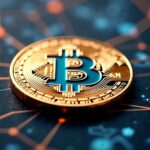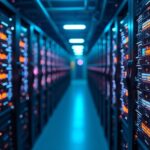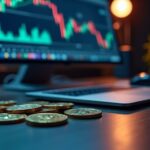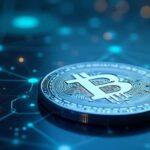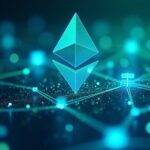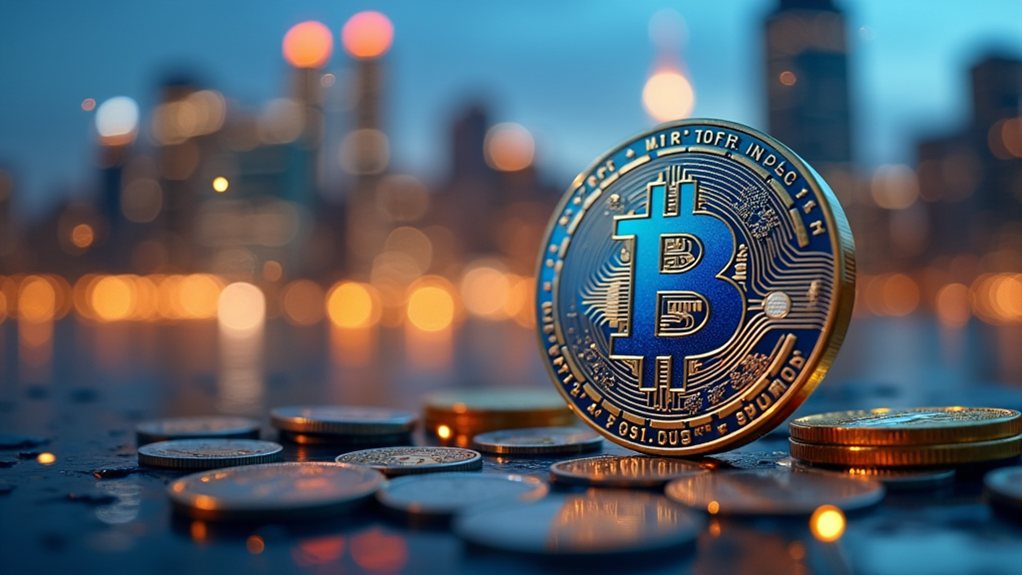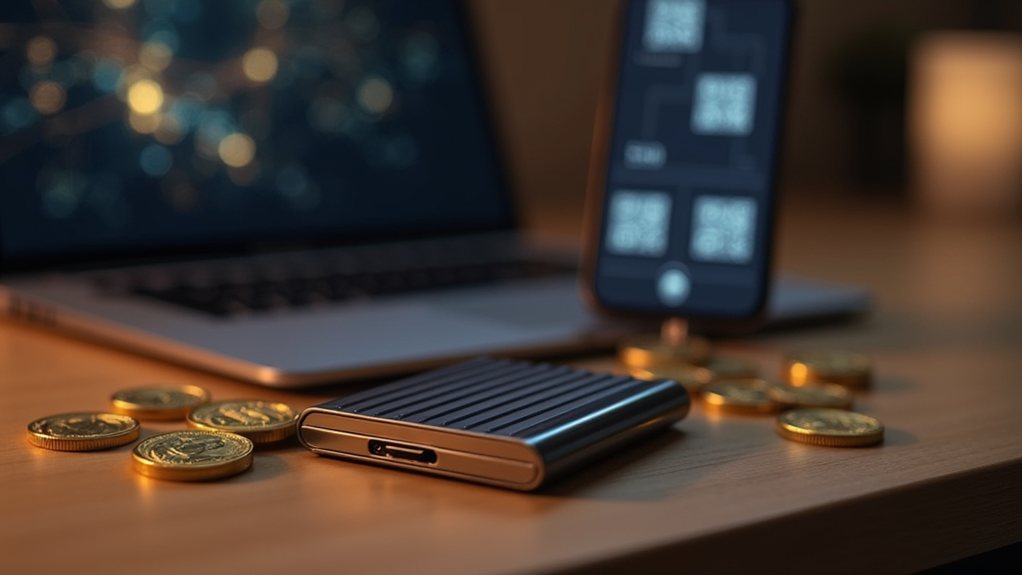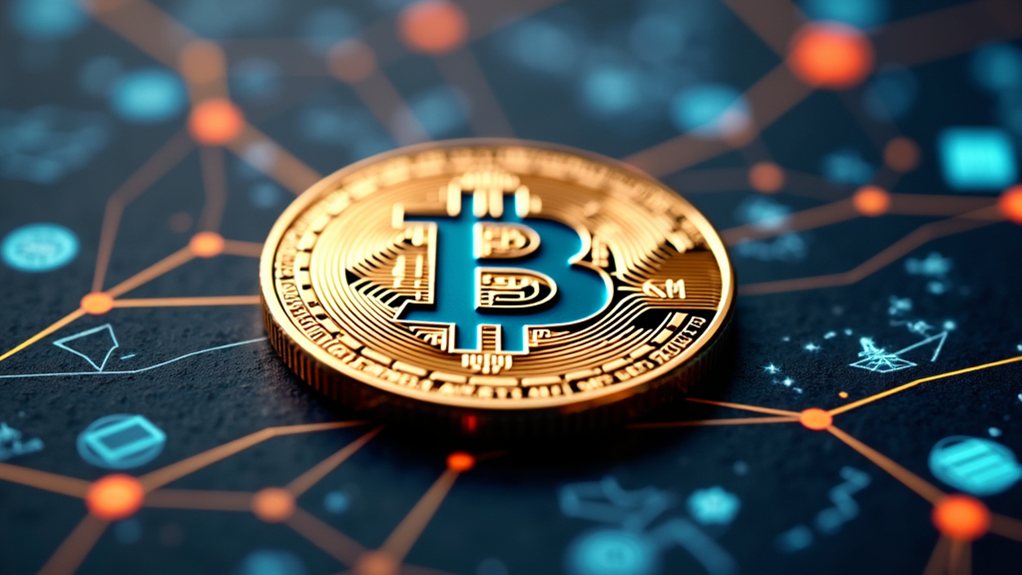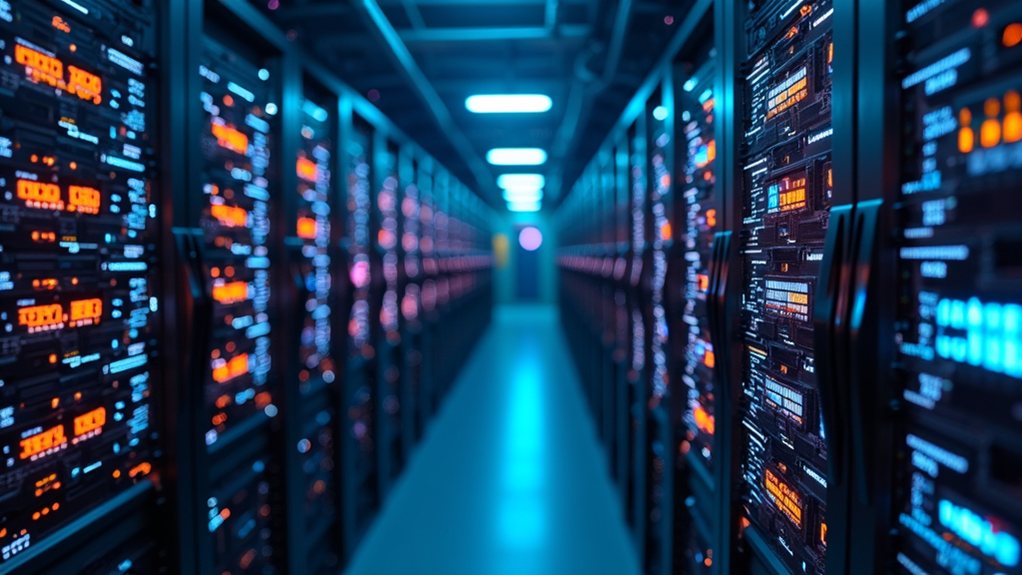RWAs (Real-World Assets) in crypto refer to tokenized versions of physical or financial assets like real estate, gold, art, and stocks. These digital tokens represent ownership stakes in traditional assets while being tradable on blockchain platforms. RWAs bring benefits including increased liquidity, fractional ownership, faster settlements, and reduced costs by eliminating intermediaries. Despite regulatory challenges, the market shows significant growth potential with increasing institutional interest. Further exploration reveals how this innovation bridges traditional finance with blockchain technology.
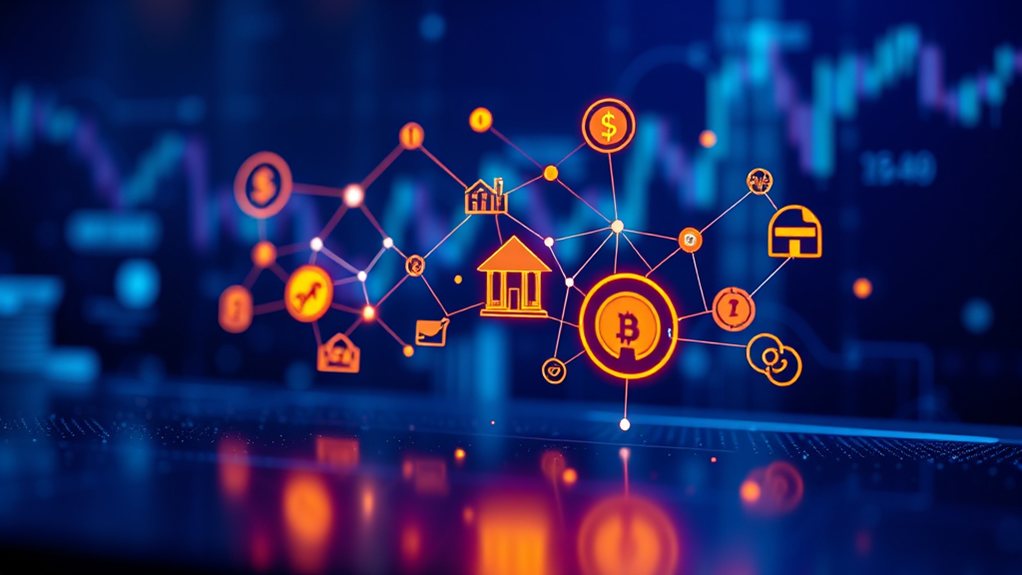
Real-world assets, commonly known as RWAs in the crypto space, represent a revolutionary bridge between traditional finance and blockchain technology. These are tokenized versions of physical or financial assets that exist in traditional markets. RWAs include real estate, commodities, art, stocks, and bonds that have been converted into digital tokens on a blockchain. This process allows these assets to be traded and managed within crypto ecosystems, making them more accessible to a wider range of investors.
RWAs bridge the gap between traditional finance and blockchain, democratizing access to diverse assets through digital tokenization.
The tokenization process involves several key steps. First, a suitable asset is identified for tokenization. Next, regulatory approval must be obtained to guarantee legal compliance. The asset creator then selects an appropriate blockchain network like Ethereum or BNB Chain. Digital tokens representing ownership of the asset are created, and finally, these tokens are issued and made available for trading on crypto exchanges.
RWA tokenization offers numerous benefits to the financial world. It increases liquidity for assets that were traditionally difficult to buy and sell quickly. It enables fractional ownership, allowing investors to purchase small portions of expensive assets like real estate or fine art. Trading can occur 24/7, and settlements happen much faster than in traditional markets. The process also reduces the need for middlemen, resulting in lower costs. Additionally, the blockchain provides enhanced transparency and permanent record-keeping. RWAs align with DeFi's vision of creating a more inclusive financial ecosystem by democratizing access to traditionally exclusive investments.
Various types of real-world assets are being tokenized in the crypto space. Real estate tokens represent ownership in commercial or residential properties. Commodity tokens are backed by physical goods like gold or agricultural products. Art and collectibles can be fractionally owned through tokens. Even intellectual property rights and financial instruments like stocks and bonds are being tokenized. These tokens can be used in DeFi applications as collateral for loans, expanding their utility beyond mere ownership representation.
Despite its promise, RWA implementation faces several challenges. Regulatory uncertainty remains a major hurdle in many jurisdictions. The custody and security of underlying physical assets present logistical challenges. Accurate valuation mechanisms are still developing. Integration with existing financial systems requires sophisticated solutions. The lack of standardization creates difficulties in establishing user trust and comparing different tokenized assets. Many potential investors also lack education about these new financial tools.
Several prominent projects are leading the RWA movement. MakerDAO has integrated real-world assets as collateral. Centrifuge focuses on tokenizing invoices and financial assets. RealT offers fractional ownership of real estate. Synthetix provides synthetic assets representing real-world counterparts, while Ondo Finance offers tokenized US Treasuries.
The future outlook for RWAs in crypto is promising, with a projected market size potentially reaching hundreds of trillions of dollars. Institutional interest is growing, and regulatory frameworks are developing. As RWAs become integrated with DeFi protocols for yield generation, they could fundamentally change how global assets are managed and traded.
Frequently Asked Questions
How Do Tax Regulations Apply to RWA Crypto Investments?
Tax regulations classify RWA crypto tokens as property.
Investors must report all transactions on their tax returns. Short-term gains face ordinary income rates (10-37%), while long-term holdings qualify for lower capital gain rates (0-20%).
Staking rewards typically count as ordinary income. Investors should track acquisition dates, costs, and sale prices.
The IRS requires reporting on Form 8949 and Schedule D.
Can RWAS Improve Portfolio Diversification During Market Volatility?
Real World Assets (RWAs) can improve portfolio diversification during market volatility.
These assets typically show lower correlation with traditional cryptocurrencies. During the 2022 crypto crash, gold-backed tokens maintained value while other crypto assets fell.
RWAs provide exposure to tangible assets like real estate and commodities. They've demonstrated resilience during various market stress events, including the 2020 pandemic selloff and 2022 inflation spike.
Blockchain transparency also helps investors better assess risks.
What Security Measures Protect Tokenized Real-World Assets?
Security measures protecting tokenized real-world assets include smart contract audits to check for code flaws and multi-signature wallets requiring multiple approvals for transactions.
Companies also use cold storage, keeping private keys offline away from hackers.
Regulated custody providers offer institutional-grade security, while legal frameworks guarantee KYC/AML compliance.
Insurance coverage and proof of reserve protocols further safeguard these digital assets against potential threats.
How Do Traditional Financial Institutions View RWA Tokenization?
Traditional financial institutions are increasingly embracing RWA tokenization. Major banks like JPMorgan and BlackRock are leading adoption efforts, seeing potential for cost reduction and efficiency gains.
They're investing in tokenization platforms while integrating blockchain into their operations. Despite regulatory challenges across different jurisdictions, institutions remain optimistic about the technology's ability to create new revenue streams and improve asset management processes.
Which Jurisdictions Have the Most Favorable RWA Regulatory Frameworks?
Singapore, Switzerland, Liechtenstein, and Luxembourg offer the most favorable regulatory frameworks for tokenized real-world assets.
Singapore provides clear tokenization guidelines and tax incentives for blockchain companies.
Switzerland's Blockchain Act creates a solid legal foundation for tokenized securities.
Liechtenstein's TVTG allows tokenization of virtually any asset with EEA passporting benefits.
Luxembourg features specific laws on tokenized securities and investment funds, backed by strong financial expertise.

